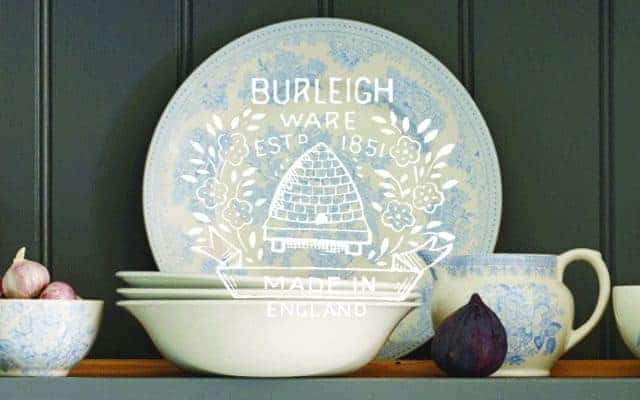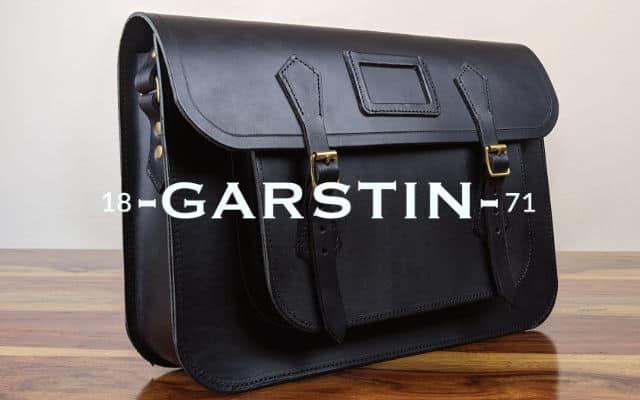Better Buying - WHEN LESS IS MORE
Why buying for life is the best choice.

Ever wondered what is meant by greenwashing? Greenwashing is defined as ’disinformation disseminated by an organisation so as to present an environmentally responsible public image.’ And as we all know sustainability sells in the modern market, so it is no wonder that unscrupulous businesses are jumping on the bandwagon. With scurrilous claims to be eco this or green that. Offering you a guilt free purchase, letting you feel like you are making the right decision for the planet. But unfortunately most of this is hogwash. Because being green and being sustainable isn’t about buying a bamboo toothbrush that has gone half way around the world to be used for two months, then replaced and the buying cycle begins again. In our opinion the only way to be truly sustainable is to make wise purchases. To buy and own goods that will truly last and thus have less of an impact on the planet. Classic items that you may even hand down as heirlooms, such as a Fox Umbrella or a HAWS watering can. Now, they might not be heirlooms in the traditional sense of a pair of 1800 Wedgewood vases handed down from Auntie Ethel but they are items that will be cherished.
The lack of transparency is the main problem when it comes to making the sustainable choice. The marketing talk can put your head in a spin, recycled, upcycled, organic, plastic-free, carbon-neutral, biodegradable, reusable, ethical etc which makes it pretty hard for you to truly quantify if you are making the right choice and whether all this talk is simply greenwashing without doing some serious research. But who has time to research every purchase?
This is particularly difficult for consumers when terms such as ‘eco-friendly’ or ‘ethical’ have no legal bearing. Now we are not trying to tar every company with the same brush, there are many wonderful companies out there doing a sterling job at making items that are better for the planet. But you need to keep your wits about you because there are far more who put profits before the planet and greenwashing has become just a marketing ploy.

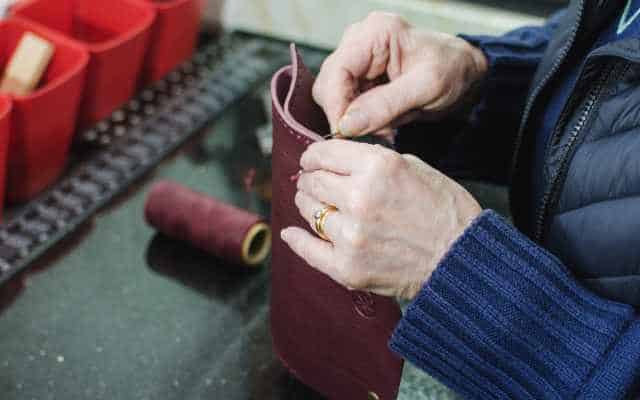
Conscious Consumerism.
We regularly talk about conscious consumerism. Our vision is to see a world where everyone is a conscious consumer, buying products which are made well and last longer to protect the earth's resources. We promote a return to traditional values and believe in the innate skills of British artisans to create beautiful, handcrafted goods which will last a lifetime.
We define conscious consumerism is as making informed and considered choices when making a purchase in order to buy the product that has the least impact on the planet’s resources. For example when choosing something to buy, we ask where the product is manufactured (shopping local reduces transportation pollution), how the goods have been manufactured (small batch and handmade is much more efficient than mass manufactured), and what materials have been used (quality goods last longer and don’t end up in landfill). We can’t get away from the fact that every single thing we purchase leaves a mark on the planet. Be it an Amazonian Cocoa Bar or a Tesla. Manufacturing takes energy, resources and materials and that all needs to come from somewhere.
Every pound you spend should be spent the best possible way it can be. Can we shop our way to a better future for the planet? That is debatable. But we can start by buying less but buying better.
The planet’s resources are finite. And as such we should all aim to buy items that will be less of a strain on those resources and the only way to do that is by buying quality items that will last for years instead of months. The buying cycle of disposable, badly made products is where the real damage comes from.
Take a simple umbrella, just think back to how many cheap umbrellas you have had over your lifetime. How many of them have blown inside out and been thrown away for you to simply go and pick up another £3.99 one from ASDA or the garage. Or you could buy a Fox Umbrella. Handcrafted by skilled craftsmen and women and made to last a lifetime. Yes, it costs more in the beginning but over the years things start evening out. And after a while you start to win financially. Not only that but you have a beautiful umbrella, not a cheap and ugly one (style is also important). ‘The bitterness of poor quality remains long after the sweetness of low price is forgotten.’ as the old saying goes.
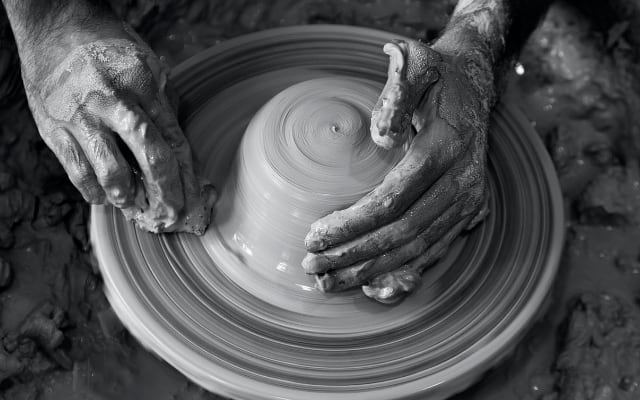
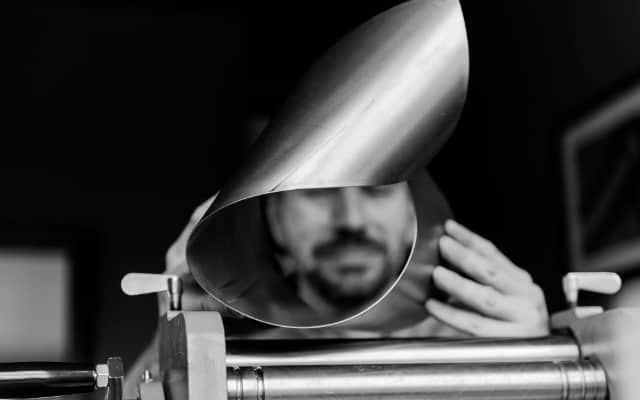
Buying Craftsmanship
That is why we believe in British craftsmanship. Yes it may be more expensive in the short term than many items from foreign lands but they will last. Not only that, you are buying an item that a real person put their heart and soul into. You can feel the maker when you use it. The way a crafted product feels is different to one that simply churned out of a machine at the press of a button. It has passed from their hand to yours.
The joys of owning an item hand crafted that you plan to keep forever is the relationship you have when using. You want to look after it, show it off and if indeed it does break, then generally they can be mended and fixed, unlike many modern items that have ‘Planned Obsolescence’ built into them.
Craftsmanship products are an investment, but not only an investment in the product but an investment in keeping craft skills alive and local communities thriving.
Buying Local
We are also firm believers in buying as local as possible. The world is interconnected and we can’t get away from the fact that Globalisation has taken hold and will be almost impossible to shake off. But that doesn't mean that everything needs to come from the other side of the world to satisfy our buying habits. Choosing British made goods means that the air or sea miles the goods come have far less of an impact on the environment. 3% of global pollution comes from cargo ships criss crossing the world. This seems to us a good reason to be buying more British made goods to help ease this huge polluter.
As we mentioned earlier, our world is interconnected so not all of the raw materials that go into manufacturing in the UK comes from the UK. We wouldn’t want to be so bold as saying buying only British made goods will eliminate your carbon footprint but it will reduce it significantly.
Buying local is also great for local communities too. The independent brands that we stock in Sir Gordon Bennett are local companies who quite often buy their raw material from other local companies. This becomes a circular economy. Where the money they spend goes back into the local economy. And the wages that craftsmen and craftswomen receive support the local restaurants and shops. Every pound you spend with Sir Gordon Bennett isn’t going into some anonymous shareholders pocket. It makes a real difference to a small maker, who loves to make goods just for you.
Made Well. Made to Last. Made in Britain.
We certainly want everyone to think about their purchasing habits. To ask questions before they buy, such as. Will it last? Is it what I actually need? How long will I actually keep this? How was it made? Where was it made?
These questions are the only way we are going to see a brighter future for our planet. The future truly is in your hands and every pound you spend is a vote for the kind of world you want to live in.

